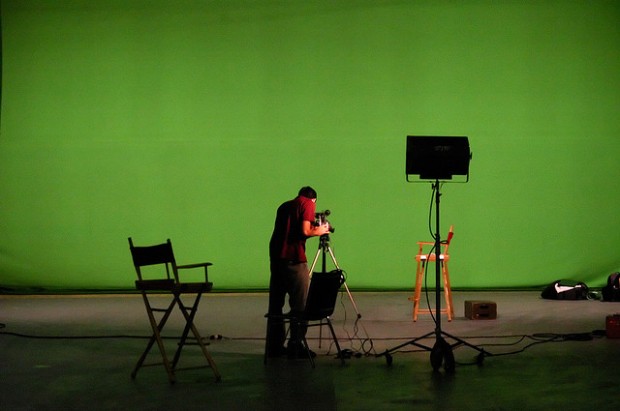 There’s a never-ending debate among creative professionals centering around one seemingly simple question: Should you work for free?
There’s a never-ending debate among creative professionals centering around one seemingly simple question: Should you work for free?
There are valid arguments on both sides. Those in favor tout the many benefits for doing free work early on, wherein, to paraphrase Ira Glass, your skill hasn’t quite caught up with your taste — but the exposure from having your name attached to something can help lead to more work and more experience. Those opposed list the many ways free work can undermine an industry by setting expectations that creative work can and should be handed away like Happy Meal toys.
It’s easy to take a principled stance against doing free work — especially when you’re further along in your career, and paid work is coming mildly easily — but it is important to pause when someone whose work you admire admits that yes, sometimes, you need to do favors to get ahead. In a recent episode of the podcast Too Beautiful to Live, writer, director, and producer Lynn Shelton (pictured) expressed exactly that.
 “It took me a really long time — I was 39 when I made my first feature — and I don’t think I could have done it before that. Just because I didn’t have the confidence. I didn’t have the clarity of vision. And so, for me, I had to sort of self-actualize. I had to come into my own as a human.”
“It took me a really long time — I was 39 when I made my first feature — and I don’t think I could have done it before that. Just because I didn’t have the confidence. I didn’t have the clarity of vision. And so, for me, I had to sort of self-actualize. I had to come into my own as a human.”
“That’s how life works — it’s all about relationships and meeting the right person at the right time, and being given these opportunities. For instance, there’s an incredibly talented woman named Dayna Hanson, who I’d known years and years before in the theatre, and she and her partner at the time, Gaelen Hanson, were with 33 Fainting Spells, this amazing dance theatre that toured the world. And they made this beautiful short film that was a dance film, but they didn’t have anyone to edit it. And I just remember, I was in conversation with her once, and she said ‘Yeah, I don’t know what we’re going to do, we’re out of money and we don’t have anyone to edit it.’ and I was like ‘Let me edit it.’ And she said ‘No, no, I could never let you do that, I can’t pay you.'”
But Lynn, who says she loved their work, begged Dayna to let her edit it. The film —at just eight minutes long — was the first dance film ever to be shown at the New York Film Festival, and then later played dozens more.
“It was shown again and again and again, and it basically made my career as an editor…people kept seeing this film and hiring me as an editor. And that’s the kind of thing — I knew at that moment that I should take this free job, because I just knew good things would come out of it. It’s those little steps, you know, being open to that…It’s a paying your dues thing.”


